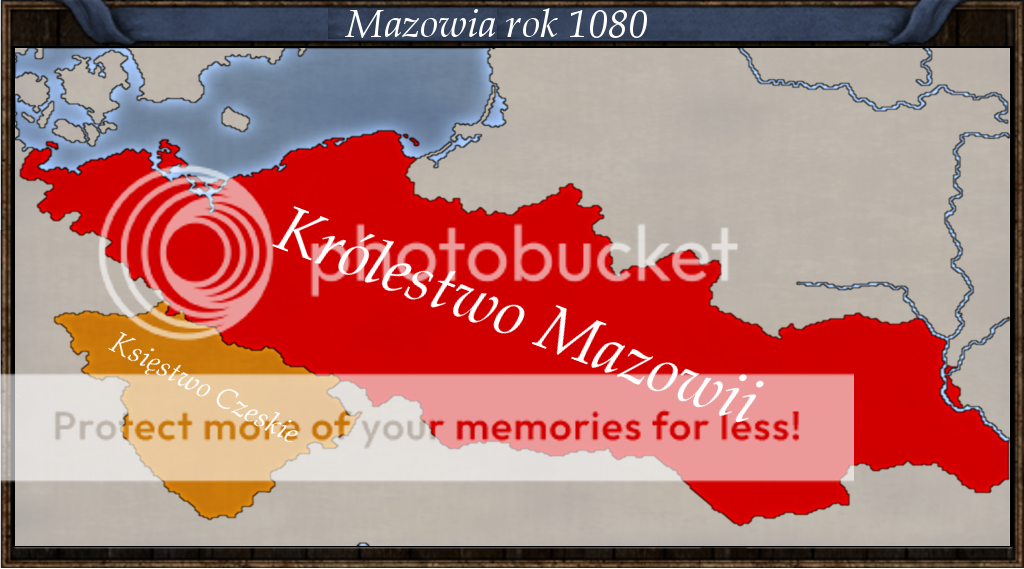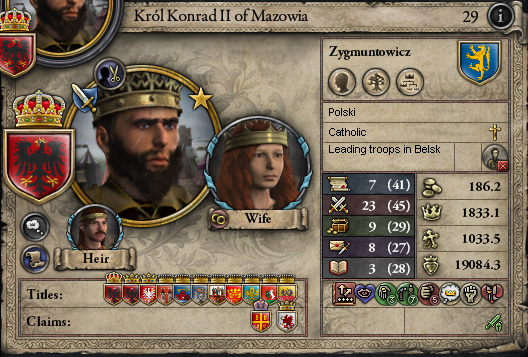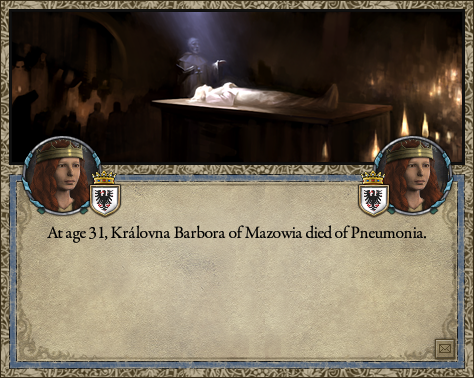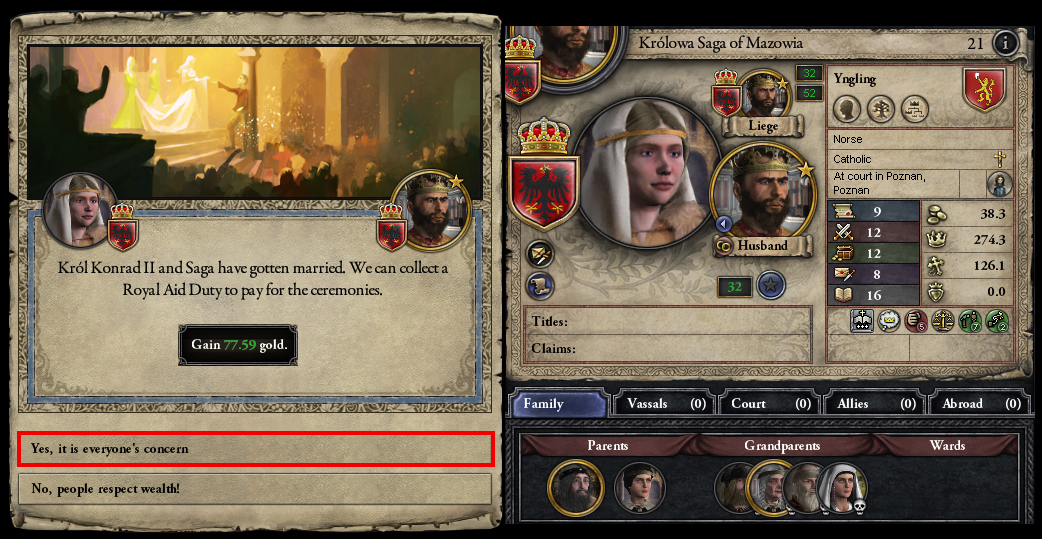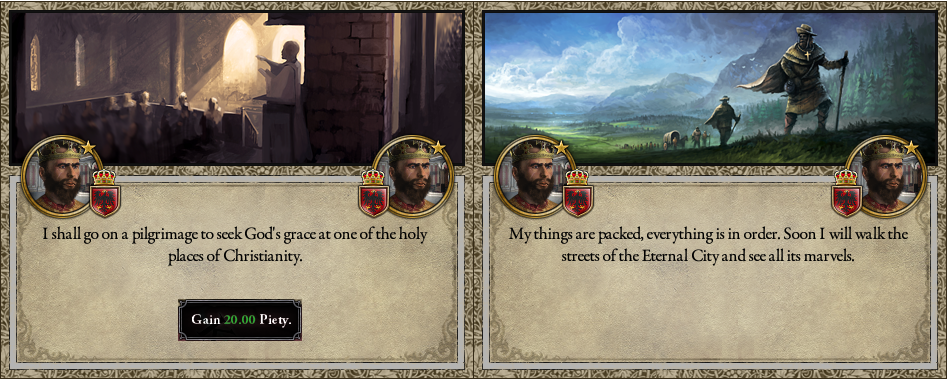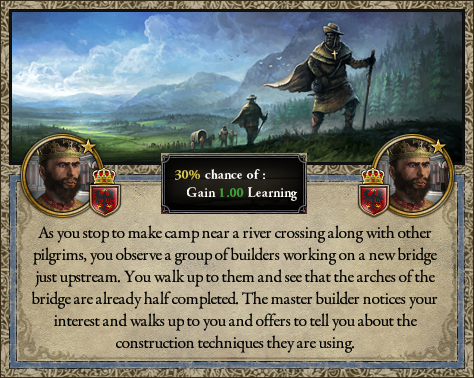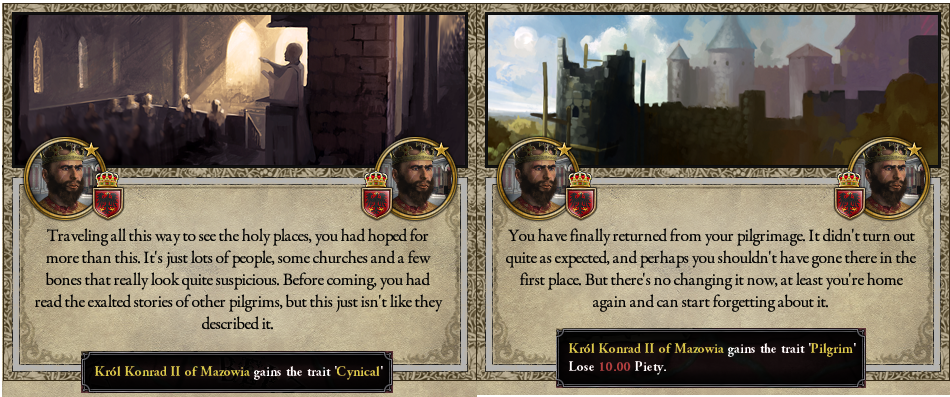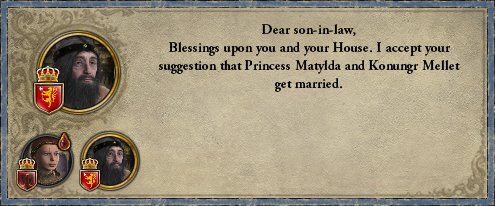Chapter 19 (1047–1055)
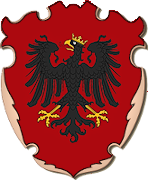
Chapter 19 (1047–1055)
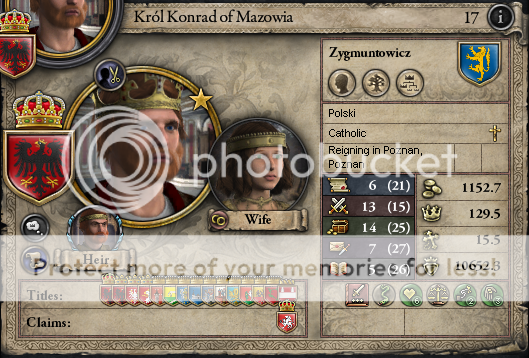
Konrad, the only son of Zygmunt II and the third ruler of the Mazovian kingdom from the Zygmunytowskiej Dynasty. Thanks to his father's efforts, he received a solid education, but unlike his father, he did not display strategic genius—he was rather a competent commander. He also lacked the ambition of his predecessor to build an empire. His primary goal was to exact revenge on Stanisław for the humiliations suffered by both him and his father when Stanisław served as regent. Konrad quickly set his plan in motion, forming a conspiracy to take away the Santocko Starosty from him.
On April 21, 1048, Mieszko, Konrad's uncle and the Bishop of Gniezno, was sent on a mission to convert the pagan Danes. Initially welcomed by them, Mieszko's teachings gained popularity, which led the Danish king to imprison him and eventually sacrifice him to their gods. Konrad attempted to recover his uncle’s body, paying Ketil its weight in gold. In the following years, Konrad petitioned several popes to recognize Mieszko's martyrdom and sainthood. It wasn’t until Pope Leo V, from the Carolingian Dynasty, declared him blessed, and a few years later, Mieszko was canonized, becoming the first Mazovian saint and the patron saint of Mazovia.
In August 1050, Mlada, Konrad’s wife from the Přemyslid Dynasty, passed away childless, dashing his hopes of gaining control over the Duchy of Bohemia through this marriage. Konrad had delayed her installment in Bohemia until she could bear him a son.
In September of the same year, he married Luitgarda von Babenberg, daughter of Martin, ruler of Carinthia and Queen of Bavaria. Luitgarda was their direct heir. She was intelligent and resourceful but shy and avoided contact with people. A year later, she gave birth to a son named Zygmunt after Konrad's father and grandfather.
Unfortunately, during her second pregnancy, Luitgarda fell ill. Her condition worsened day by day, and she ultimately died along with her unborn child.
In April 1053, Konrad married Petronella Macedonian, daughter of the Byzantine Emperor. Since she had two brothers, her chances of claiming the imperial throne were slim. However, the alliance with the Eastern Empire was highly beneficial for Konrad, as it secured his southern borders.
By October 1054, Konrad had gathered enough support to demand Stanisław return the Santocko Starosty. However, Stanisław did not yield to Konrad’s demand, which ultimately played into the Mazovian ruler's hands. Konrad assembled his personal retinue, which now numbered nearly 5,500 men, and laid siege to Santok and Krakow. After a year, both strongholds fell, and Stanisław found himself imprisoned in Poznań, where he entertained Konrad with his pitiful wails.
- 2
- 1




